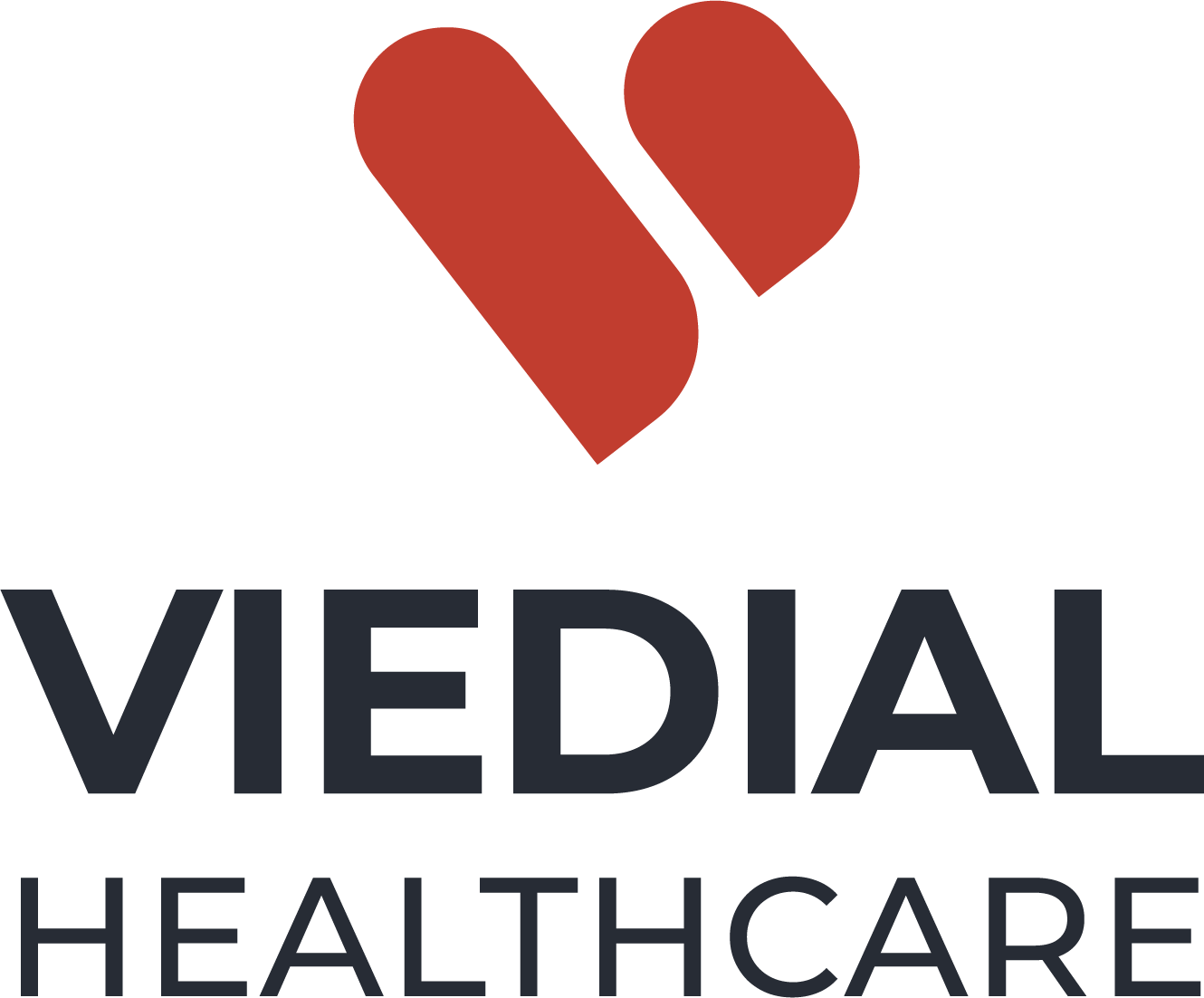Heart disease remains a leading cause of death worldwide, with heart attacks being a significant concern. The good news is that the journey on how to prevent a heart attack is not shrouded in mystery. By embracing specific lifestyle changes and habits, you can significantly reduce the risk and pave the way for a healthier heart and a brighter future. In this comprehensive guide, we’ll uncover several transformative habits that have the potential to shield your heart from life threatening events.
Understanding The Value of Regular Exercise
The heart, much like any muscle in the body, needs exercise to stay fit and robust. Diving into the world of physical activity provides more than just aesthetic benefits; it’s a lifeline for our heart’s health. Numerous studies have shown that sedentary lifestyles are a significant contributor to heart disease. So, how does exercise play a role in how to prevent a heart attack?
Engaging in regular physical activity is one of the simple steps that basically boosts the cardiovascular system, enhancing the efficiency with which the heart pumps blood throughout the body. Over time, this reduces the risk of heart disease and other cardiovascular complications. Moreover, exercise plays a crucial role in regulating blood pressure, reducing bad cholesterol levels, and increasing good cholesterol. When cholesterol levels are balanced, it reduces the chances of plaque buildup in arteries, a primary cause of heart attacks.
Prioritizing A Heart Healthy Diet
Our diets profoundly influence our overall health, and the heart is no exception. The path on how to prevent a heart attack is intricately linked with the foods we consume. A heart healthy diet is one that is abundant in nutrients, low in saturated and trans fats, and rich in fiber.
Vegetables and fruits are the cornerstones of such a diet. They are packed with essential vitamins, minerals, and antioxidants that protect the heart. Whole grains, like oatmeal, brown rice, and quinoa, provide the necessary fiber which helps lower cholesterol levels and maintain stable blood sugar. Lean proteins, especially fish like salmon and mackerel rich in omega3 fatty acids, can reduce inflammation and prevent blood clots.
Conversely, it’s essential to limit or avoid foods that are high in sodium, sugars, and unhealthy fats.
The Significance of Maintaining a Healthy Weight
Body weight plays a pivotal role in heart health. Being overweight can strain the heart and elevate the risk of conditions like diabetes, high blood pressure, and high cholesterol. It’s crucial to understand that it’s not just about the number on the scale but about the quality of weight. Building lean muscle and reducing body fat percentage can provide a protective layer against heart diseases. Consulting with healthcare professionals can offer guidance on achieving and maintaining a healthy weight based on individual needs.
Managing Stress: A Silent Culprit
While the physical aspects of heart health are often emphasized, the psychological elements cannot be overlooked. Chronic stress can lead to harmful behaviors like poor diet choices, smoking, or alcohol abuse. Moreover, stress triggers the release of adrenaline, causing a spike in heart rate and blood pressure. Incorporating stress reducing practices such as meditation, deep breathing exercises, and hobbies can act as a buffer against the silent onslaught of stress on heart health.
Regular Health CheckUps: An Ounce of Prevention
Knowing where you stand healthwise can be a gamechanger. Regular medical checkups ensure that potential risk factors like high blood pressure, high cholesterol, or diabetes are identified early. Early detection means early intervention, and in the context of how to prevent a heart attack, this could mean the difference between life and death. Routine screenings provide a platform for individuals to discuss concerns with their doctors and get tailored advice on risk reduction.
Limiting Alcohol and Quitting Smoking
While moderate alcohol consumption might offer some heart benefits, excessive drinking can lead to high blood pressure, heart failure, and even strokes. Striking a balance is key, and moderation should be the watchword. As for smoking, it’s unequivocally harmful. Nicotine narrows the blood vessels, elevating blood pressure and heart rate. The carbon monoxide from tobacco smoke replaces some of the oxygen in the blood, forcing the heart to work harder to supply the body. By committing to quit smoking and being judicious with alcohol, you’re taking decisive steps on how to prevent a heart attack.
It’s never too late to start. Whether you’re in your twenties or your sixties, every step taken towards heart health counts. Furthermore, if you want to achieve these steps, you can refer to the Viedial app that is especially designed for the people to practice the above discussed steps to prevent heart attack.




